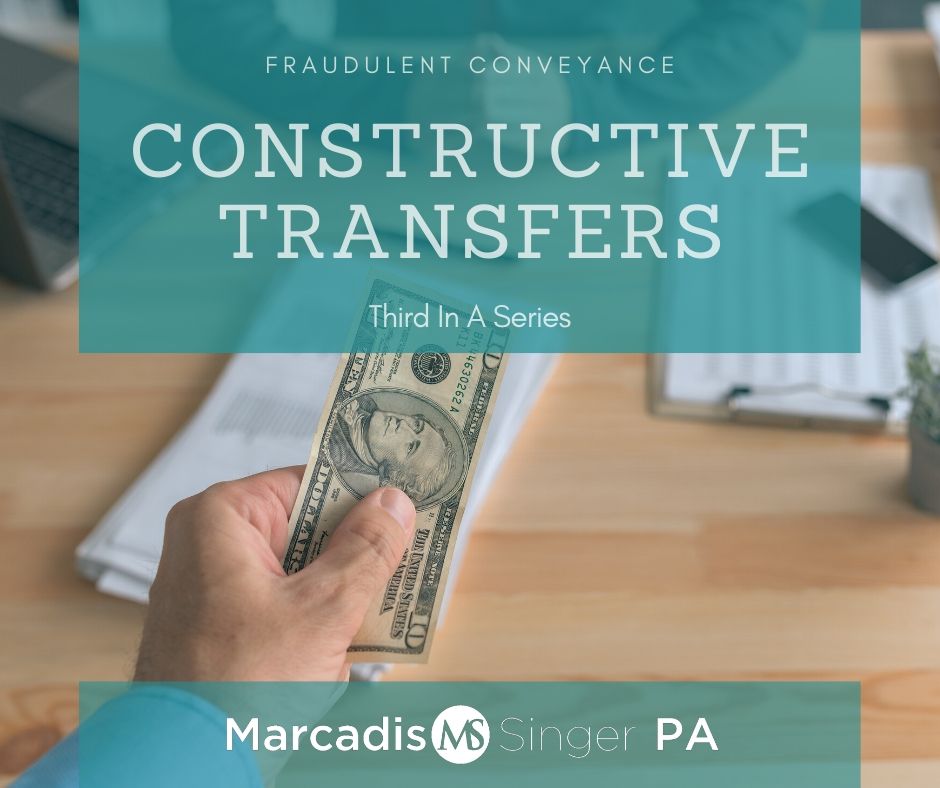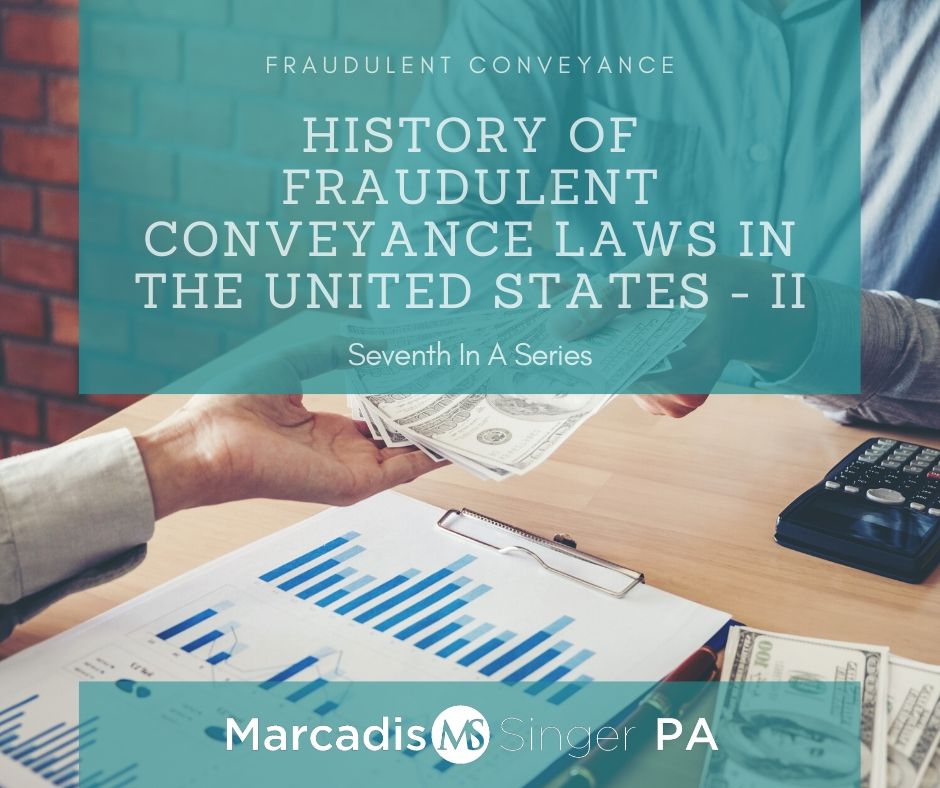
The bankruptcy court ruled against the claim of Lapides, but not before Lapides incurred over $850,000 in legal fees and costs with Hinds & Shankman. The defendant, Richard Lapides, originally sought the services of plaintiff, Hinds & Shankman, LLP, as legal counsel to pursue a nondischargeability claim against a bankruptcy debtor that owed Lapides a substantial amount of money. The Court found that the purpose of the homestead exemption, to provide a secure home for a debtor’s family against creditors, was to be construed broadly, even when it assists a dishonest debtor in wrongfully defeating a creditor. 2019), the United States District Court for the Central District of California held that the unlimited homestead exemption, provided under the Texas Constitution, protects homestead real estate in Texas which was obtained through a potentially fraudulent conveyance. A recent federal district court decision held that such exemptions take priority over fraudulent transfer laws where the exemptions and the fraudulent transfer laws may conflict.
#FRAUDULENT CONVEYANCE CALIFORNIA FREE#
If you have been charged with a fraudulent conveyance offense in Santa Ana, California, contact the Chambers Law Firm today at 71 or to schedule a free consultation with a member of our skilled legal team.Homestead exemption laws can be used by debtors to shield real property assets from collection by creditors. There are also possible federal legal ramifications if you are charged with fraudulent conveyance.ĭue to the serious nature of fraudulent conveyance charges and the complicated criminal and civil legal outcomes, you will need an knowledgeable defense attorney who understands the nuances and complexities of fraudulent conveyance laws on your side. The punishments for concealing assets through stock trades are harsher and include:ġ6 months, two years, or even three years in California state prison. However, if the property transferred was stock worth over $250, you can be charged with a felony. P unishment for Fraudulent ConveyanceĪ charge of fraudulent conveyance is a misdemeanor in California, with penalties including: Because you needed the money to repair your car so you could continue getting to your job, selling the watch may be seen as a necessity and not a fraudulent conveyance. For example, you may have sold a watch to pay for a sudden car repair bill. In this defense, you transferred an item to fulfill a specific need. You had always intended to give your son this gift and were not even considering your debts.Īnother defense to the fraudulent conveyance law is necessity. Even if you are indebted, an experienced defense attorney can argue that you were not concealing the car from creditors.

For your son’ s 25th birthday, you hand him the keys to the vehicle. Though you know it has significant monetary value, you attach much more sentimental value to the car. You’ ve spent years working on it or tinkering with it. If you did not intend to avoid the property counting towards the amount you owe, you would not be guilty.įor example, say you have a classic car in your garage. Therefore, you can still transfer property that could be used to settle your debts. The most critical part of fraudulent conveyance laws is that you intended to conceal the extent of your assets from your creditors. C riminal Defenses To a Charge of Fraudulent Conveyance You can commit the offense by transferring cars, jewelry, cash, stock, homes, or anything else of value. Transfers of a wide variety of property or assets can lead to fraudulent conveyance charges.

So long as you intended to make it harder for or delay the creditor from getting their hands on your assets by transferring it, you would be guilty. You can be guilty of fraudulent conveyance even if a debt collector eventually is able to seize the property for repayment. With the goal of keeping the property conveyed from being used to settle a debt. C riminal Fraudulent Conveyances Require Intentįor a California prosecutor to convict you of the crime of fraudulent conveyance, they must prove that you did all of the following: However, transferring property or assets to prevent them from being seized by debt collectors is considered a criminal fraudulent conveyance.

If you are hearing from debt collectors, you may be determining strategies for minimizing or avoiding what you have to pay. It is never fun to pony up for the debts you owe, but some ways of trying to get out of paying can be considered a crime.


 0 kommentar(er)
0 kommentar(er)
